Long, long ago, back in the Dark Ages when I was young, we had a writing utensil known as a fountain pen. In fact, I still have one or two tucked away somewhere. The pens got the job done and worked great but they required a blotter. You see, the ink from a fountain pen had to dry or it would smear. To speed the process, we sometimes blotted it on an absorbent piece of paper. After a while, that blotter had all sorts of interesting words and parts of sentences jumbled on it. It became a little of this letter, a bit of that essay, part of a diary page; the blotter did not contain anything original; it was a conglomeration of this and that.
It seems to me that we are kind of like those old-time blotters. We absorb a lot from other people, from the books we read, the music we listen to, the TV programs we watch, and the meetings we attend.
On my author’s Facebook page, I’ve posted a statement about the importance of what we feed our minds. This statement is not original with me; however, I believe it is true.
There’s a song taught to very young children in Sunday school: Oh, Be Careful. It is a simple song but holds a lot of wisdom: Oh, be careful little eyes what you see, there’s a Father up above looking down in tender love, so be careful little eyes what you see. The words include ears being careful what they hear, mouth being careful what it says, etc.
I also read somewhere that we are a part of everyone we meet. Well, goodness, I hope not! However, the message is there too, in absorbing some part of another’s ideas or beliefs.
It bothers me that many books dealing with the occult are really popular. Books and songs rife with steamy scenes and obscenity proliferate. Sure, these are just entertainment but why invite darkness into our minds through the windows of the eyes?
What happened to music with an actual melody and words that make a person feel happier or hopeful instead of angry and hostile? Someone said he didn’t care who wrote the laws of a land if he could just write the music. There’s truth in that.
It’s a threadbare adage that’s been around longer than any of us but remember, “Birds of a feather flock together?” You can tell a lot about a person by looking at her close friends. Now, I don’t mean to be snooty or elitist and believe in giving everyone the benefit of the doubt and not think ourselves better than another but with whom do you have things in common?
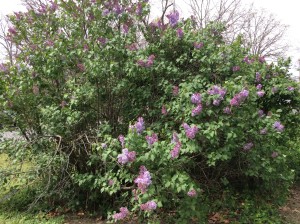 There are stores in town (nameless) that I don’t like to frequent because of the smell that permeates the building. It isn’t particularly a bad smell but it sure is strong. If I buy something in that store, the odor lingers and I bring it home with me. Our associations, be they people, books, songs, programs, whatever, linger too. They are there in our minds.
There are stores in town (nameless) that I don’t like to frequent because of the smell that permeates the building. It isn’t particularly a bad smell but it sure is strong. If I buy something in that store, the odor lingers and I bring it home with me. Our associations, be they people, books, songs, programs, whatever, linger too. They are there in our minds.
Young people have a need for heroes. They need people to admire and emulate. I remember when I was a teenager, trying to be a little like Doris Day and admiring Clark Gable. But, most of all, I believe youngsters, whether they will admit it or not, are influenced by their families: moms, dads, grandparents, brothers and sisters. What children learn at home, whether by words or association, shape lives. It is important to teach youngsters to sift through ideas, examine them, employ critical thinking, and arrive at truth.
To a certain extent, we all have the blotters syndrome, absorbing ideas here, doubts there, the way we view life. What we absorb becomes a part of us and makes us the people we are. It’s something to think about.
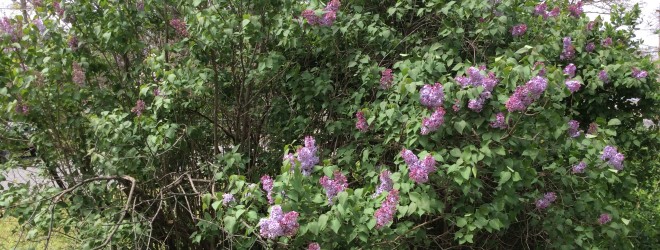
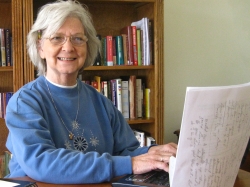
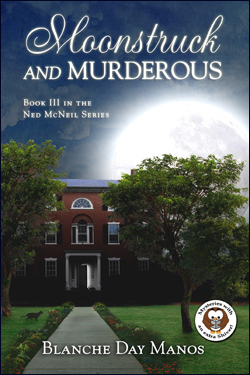
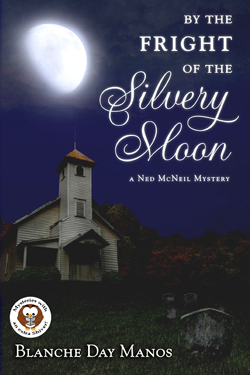
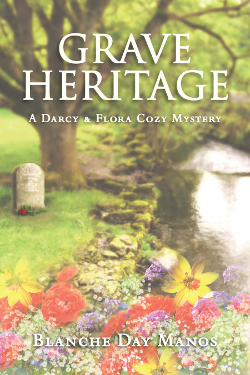
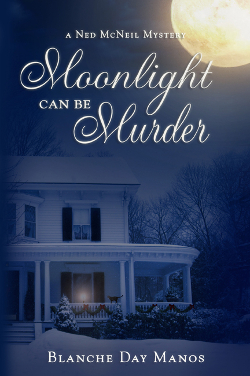
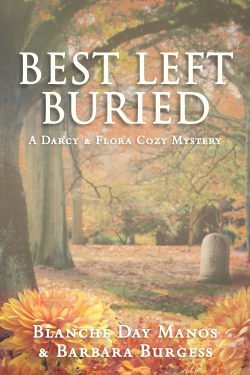
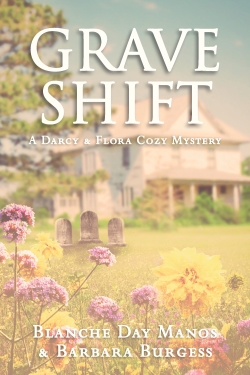
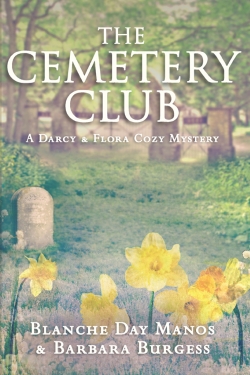
Yep, you are right
Thanks for writing, Helen. Keep those inspirational stories of yours coming!